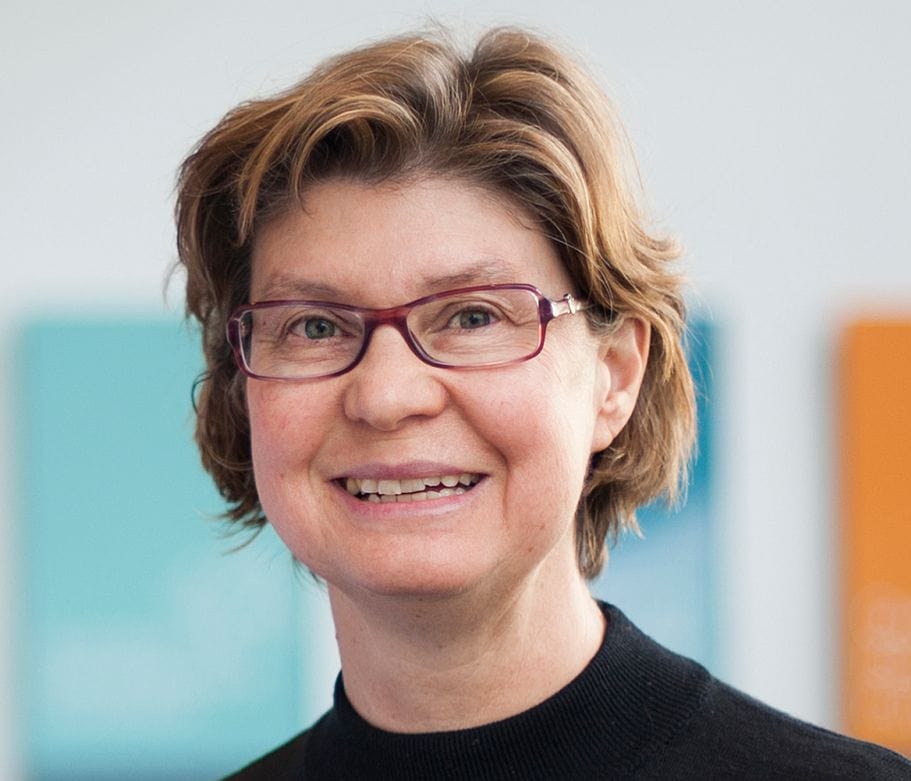
Finding the Needle in the Haystack: Unravelling Breast Cancer Complexity
Published: 05/21/20 3:41 AM

Jane Visvader
Project Description: Aggressive breast cancer subtypes are challenging to treat due to the variation of cells within the tumour. Professor Jane Visvader and her team at the Walter and Eliza Hall Institute of Medical Research will investigate the single cells within a tumour to determine how they behave, and examine how these individual cells respond to different drug therapies.
Why this work is needed: Variation within a cancer, or “tumour heterogeneity” makes it incredibly difficult to predict the behaviour of some cancer types. Using an advanced suite of new technologies, this work will determine how individual cells behave, and how this influences the spread of cancer in the body. The study will open up new treatment strategies for some of the most aggressive forms of breast cancer.
Expected outcomes: In this study, the team will develop an “atlas” of breast cancer and normal breast tissue cells and their associated gene pathways. This information may ultimately represent new cancer cell markers or therapeutic targets. In addition, the single cells will be used for testing various drugs, to examine whether drug resistance is due to survival pathways that are inherent to the cell type.
Project details
Aggressive breast cancers, such as triple-negative breast cancer (TNBC) and BRCA2-associated cancers, are associated with some of the poorest outcomes for women. Part of the challenge of treating these cancers is that their makeup is varied, with numerous different cell types within a tumour. This “heterogeneity” makes it difficult to predict how the tumour will behave, or whether it will be responsive to drug therapies. For example, luminal B cancers often show partial responsiveness to chemotherapy, suggesting that some cells react, while others are resistant.
Professor Visvader and her team have developed a range of new technologies that allow investigation of the individual cells within breast cancer. By assessing 1000s of single cells, rather than the tumour as a whole, they will be able to understand the complexities of the cancer. The team will develop an “atlas” of the different cancer cells, immune cells, and gene pathways in a tumour. Then, this information will be used to test existing and new drug therapies for women with breast cancer.